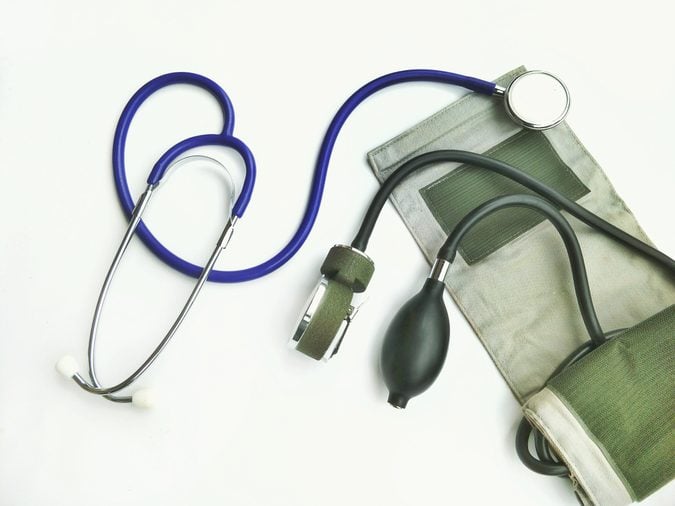
New blood pressure guidelines
High blood pressure is now defined 130 millimeters of mercury (mm Hg) and higher for the systolic (upper) blood pressure or 80 mm Hg and higher for diastolic (lower) pressure, compared with the older definition of 140/90 and higher. The new guidelines were published in the Journal of the American College of Cardiology and Hypertension. The change reflects the fact that complications can occur even at lower numbers. (Systolic blood pressure measures the pressure in your blood vessels as your heart contracts, while diastolic blood pressure measures the pressure between beats.)
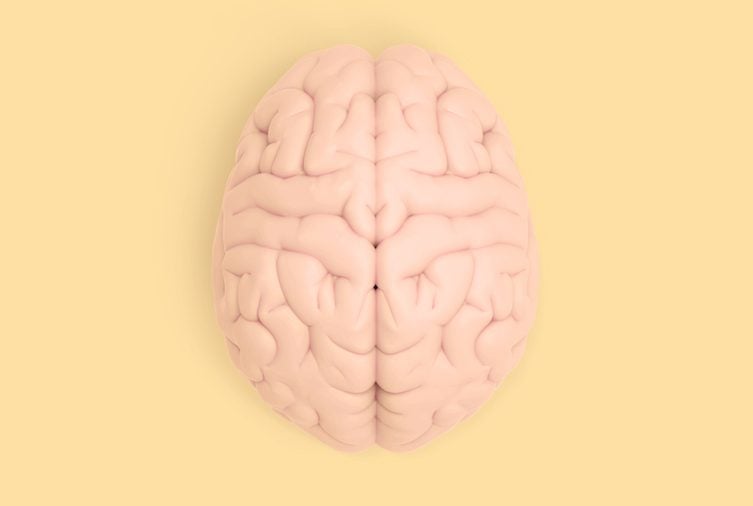
Dementia risk
People aged 50 with a systolic blood pressure of 130 mm Hg have a 45 percent greater risk of developing dementia later in life, according to a study published in the European Heart Journal. The findings held even when individuals did not have other heart-related problems. Find out what doctors may not tell you about healthy blood pressure.
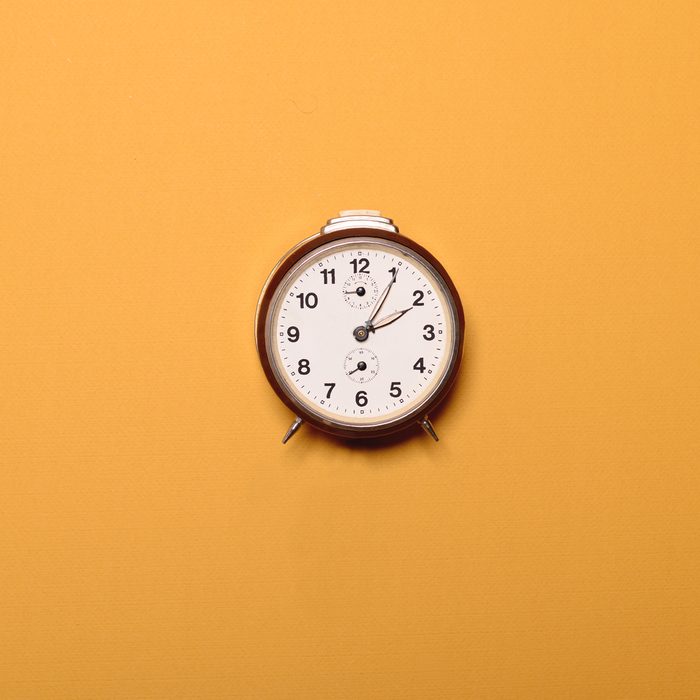
Slow and steady damage
High blood pressure (hypertension) is often called the silent killer because it doesn’t cause any symptoms initially. The damage accrues with time. “The complications are mostly cardiovascular and occur over the long term,” says Theodore Strange, MD, Associate Chair of Medicine at Staten Island University Hospital in Staten Island, New York. The damage may include stroke, heart disease, kidney issues, and vision problems. Watch out for these foods if you have high blood pressure.
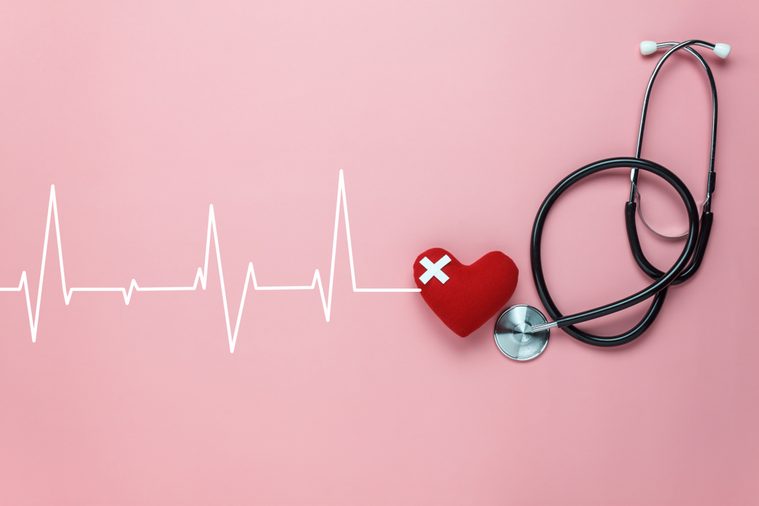
Heart disease
While high blood pressure has always been a risk factor for heart disease, new research suggests that even mildly elevated blood pressure levels in early adulthood may set the stage for heart problems later on, finds a study in the Journal of the American College of Cardiology. The researchers found that people who had above-normal blood pressure (120/80 mm Hg to 139/89 mm Hg) when they were under 30 were more likely to have signs of heart disease in middle age. Check out these 30 ways to reduce your risk of heart disease now.
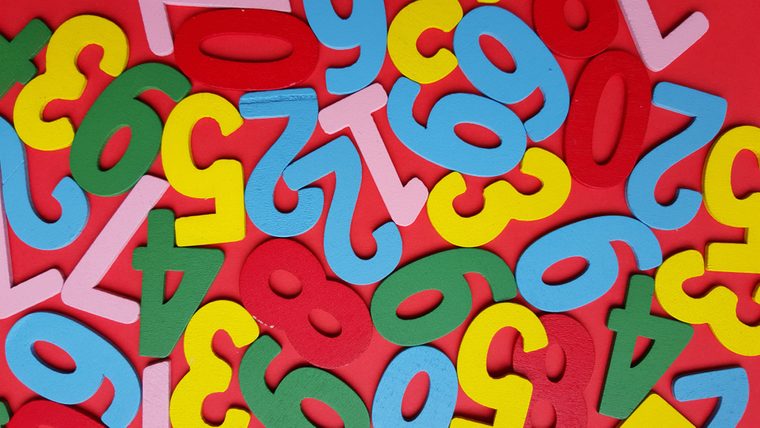
The higher the number, the higher your risks
As the numbers start to creep up so does your risk, says Kenneth Alan Jamerson MD, an internist in Ann Arbor, Michigan. If your systolic pressure is between 120-129 mm Hg, there is a 30 percent increase in the likelihood of a stroke or heart disease; if the number creeps to 130 mm Hg, the increase in risk jumps to about 50 percent, he says. Getting regular exercise and eating a healthy, low-sodium diet can help keep blood pressure in the normal range.

Sexual dysfunction
The damage high blood pressure does to your blood vessels will restrict blood flow throughout your body over time, explains Evan Appelbaum, MD, a cardiologist at Men’s Health Boston, a Harvard-affiliated multi-specialty practice. If a man’s blood flow to the pelvic area becomes compromised, he could start to suffer from erectile dysfunction (ED), he says. Find out the 9 factors you didn’t know were affecting your blood pressure reading.

Vision problems
High blood pressure can damage blood vessels in the back of the eye (the retina) and may cause other eye problems that can affect your vision. While high blood pressure can be a silent condition, your eye doctor may catch it earlier during your annual dilated eye exams.
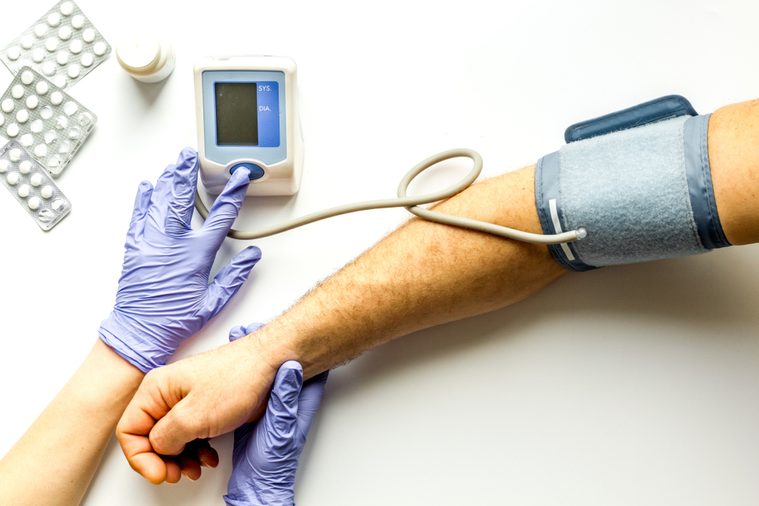
Even higher blood pressure
Usually, a slight elevation in blood pressure leads to higher and higher numbers—and as you know, the higher the pressure, the greater the health risks. Since hypertension is a silent, symptomless condition, the only way to get ahead of it is to know your numbers. “All adults should have their blood pressure checked at least yearly and more frequently if it is elevated,” says Dr. Strange. Here are 31 things you should do right now to avoid high blood pressure.
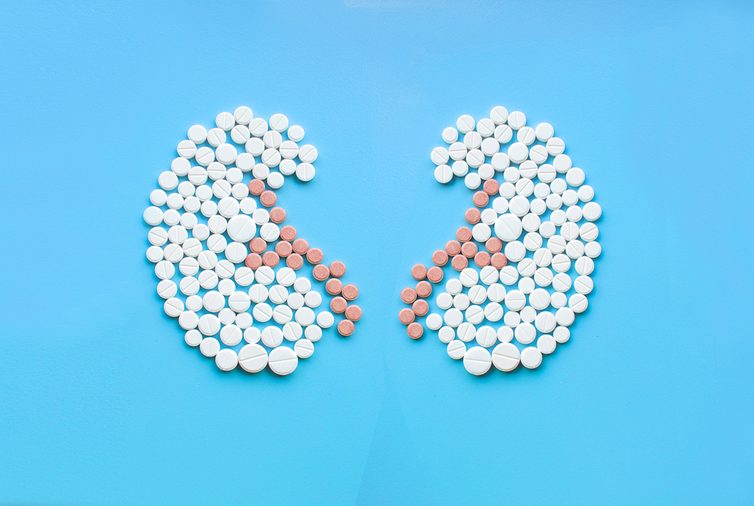
Kidney disease
Our kidneys filter waste from the blood—and they use a lot of blood vessels to complete the job. If the blood vessels become damaged due to high blood pressure, your kidneys will struggle to do their job. In fact, high blood pressure is the second leading cause of kidney failure in the United States, according to The National Institute of Diabetes and Digestive and Kidney Diseases. Next, check out these 18 natural remedies for high blood pressure.
